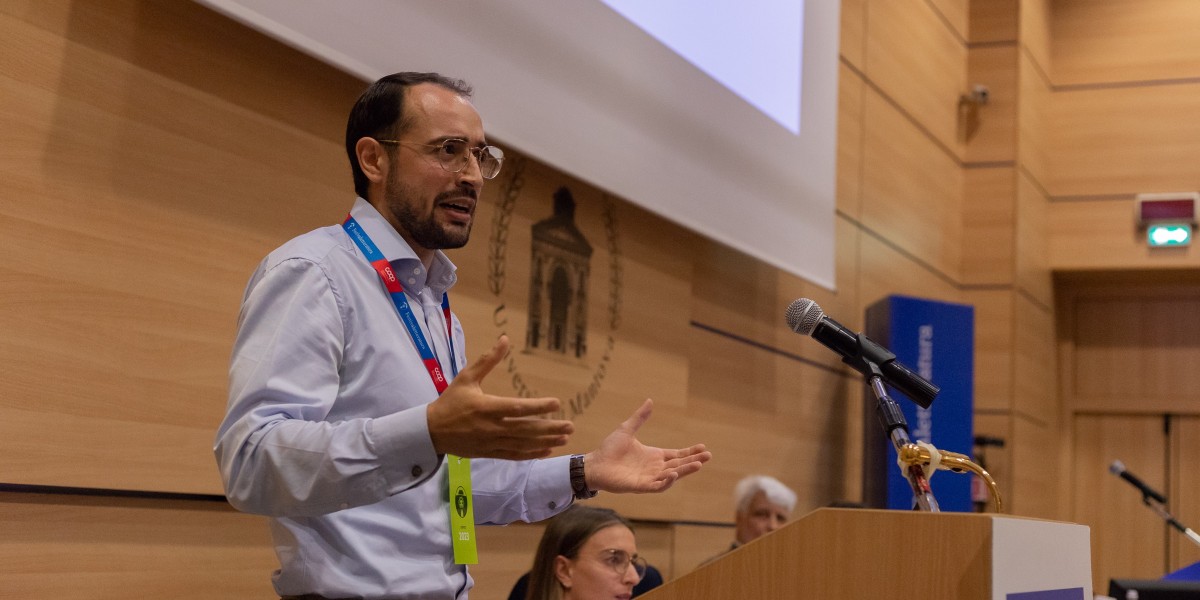
Italy's Stance on Nuclear Power: A Renewed Debate
In the 1960s, Italy boldly embraced nuclear power, positioning itself as the third-largest generator of nuclear energy globally, after the United States and the United Kingdom. However, the catastrophic events at Chernobyl in 1986 led to a seismic shift in public opinion, prompting Italians to vote for the phase-out of nuclear power plants in a national referendum.
Fast forward to today, and Italy faces a new challenge, with the imperative of achieving net zero emissions. New technologies are already at hand and others are on the horizon, but the question of reverting to atomic energy sources has reignited a passionate and divisive debate. The evidence of this fervour was palpable, as hundreds of attendees packed into Mantua University's Aula Magna lecture theatre to witness the discourse.
In a format reminiscent of Oxford-style debates, two teams confronted one another, dissecting the pros and cons of nuclear technology. Arguing in favour of nuclear power were Giuseppe Francesco Nallo (PoliTo) and Elena Tonello (EPFL). On the opposing side were Gianni Silvestrini (Kyoto Club) and Federico Butera (PoliMi).
Both sides agreed on the imperative of achieving carbon neutrality by 2050. This means eliminating fossil-fuel energy sources. However, the crux of the matter lies in determining the optimal mix of technologies required to attain this goal.
The pro-nuclear team contended that while renewable energy sources can provide the bulk of our power needs, investing in a carbon-free technology capable of delivering a consistent baseload of energy when renewables fall short is essential. They pointed out that for over six decades, nuclear technology has stood as a major source of low-carbon energy worldwide. To disregard this technology solely on ideological grounds, they argued, could jeopardise our net zero aspirations.
Their opponents emphasised nuclear power plants' substantial upfront costs and protracted implementation timelines. Establishing a nuclear program from the ground up, they contended, might prove more of a burden than a catalyst for the transition. Instead of relying on a stable baseload, they advocated for investments in energy storage capacity, demand management, and energy efficiency enhancements. Additionally, they urged a comprehensive evaluation of the proliferation and waste management risks that accompany nuclear power.
Remarkably, the audience's sentiments appeared to tilt slightly in favour of the pro-nuclear stance, with many attendees who had initially remained on the fence opting to pick a side after listening to the speakers. The fact that this debate attracted such a crowd underscores the critical need for constructive, informative, and respectful debates on this topic.



